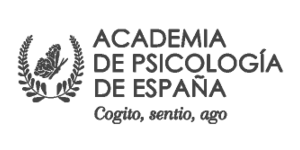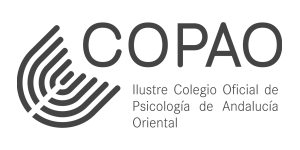Speaker

ELISA DELVECCHIO
UNIVERSITY OF PERUGIA. ITALY
Elisa Delvecchio, Ph.D., is associate professor in Psychology at the Department of Philosophy, Social Sciences and Education at the University of Perugia (Italy) where she teaches “Psychodynamic assessment of children and adolescents”, “Developmental psychopathology”, “Family assessment and intervention planning” and “Disaster psychology”. She is the coordinator of the “Psychology and Cultures Lab” at the International Human-being Research Centre (IHRC) – University of Perugia. She coordinates a Research Program of Great National Interest (PRIN) granted by the Ministry of University and Research titled Problematic social media use among Italian mid-adolescents: from the identification of risk/protective factors to the co-design and evaluation of a self-help app. Moreover, she is involved as coordinator/researcher in others EU and national projects aimed to promote well-being and inclusion of vulnerable groups.
Her main research interests focus on the risk/protective of intrapersonal, interpersonal, and cultural factors for anxiety and depressive disorders in children and adolescence. She is interested in the assessment of emotional and cognitive features in children with chronic and mental diseases through the use of standardized symbolic play tasks. She is working on the dissemination and evaluation of the Super Skills for Life intervention programme in Italian children. Furthermore, she studies the role of the attachment relationships and their measurement across life.
She has authored or co-authored more than 80 articles in international peer-reviewed scientific journals. She has clinical experience in the contexts of individual and group therapy with adolescents and adults. She serves as a psychologist at the clinical centre of the University of Perugia.
Adolescence: opportunities or challenges?

Developmental scientists have moved away from the traditional view of adolescence as a period of “storm and stress”. Instead, adolescence is now understood as a phase of life during which biological and social changes present both opportunities and challenges for psychological well-being. This symposium explores how contemporary opportunities, such as increased awareness of climate change, widespread internet access, and social media use, can also represent significant challenges to adolescents’ psychological well-being.
Thus, the first contribution applies a latent profile analysis to examine adolescent psychological well-being based on their levels of climate change-related worries and anxiety. Specifically, adolescents experiencing higher anxiety and worry tend to exhibit greater internalizing and externalizing symptoms, difficulties in emotional regulation, and a stronger environmental identity.
The second presentation focuses on identifying specific Internet Addition (IA) risk profiles among Italian adolescents, drawing from previous research on young adults. By adopting a person-centered approach, the study provides a deeper insight into IA and its developmental implications during this crucial stage.
The third contribution investigates the role of parental and peer relationships in problematic social media use (PSMU), examining how interpersonal connection is associated with preference for online social interaction in a group of Italian adolescents. Finally, the fourth and last contribution examines the psychological mechanisms underlying Fears of Missing Out (FoMO), focusing on self-esteem and emotion regulation difficulties. While self-esteem has been studied as a moderator between emotion regulation and FoMO, its role as a mediator remains underexplored. Using a cross-sectional and two-wave longitudinal mediation model, this study provides insights into digital vulnerability in youth, examining the psychological factors that drive excessive engagement and emotional reliance on social media interactions.












